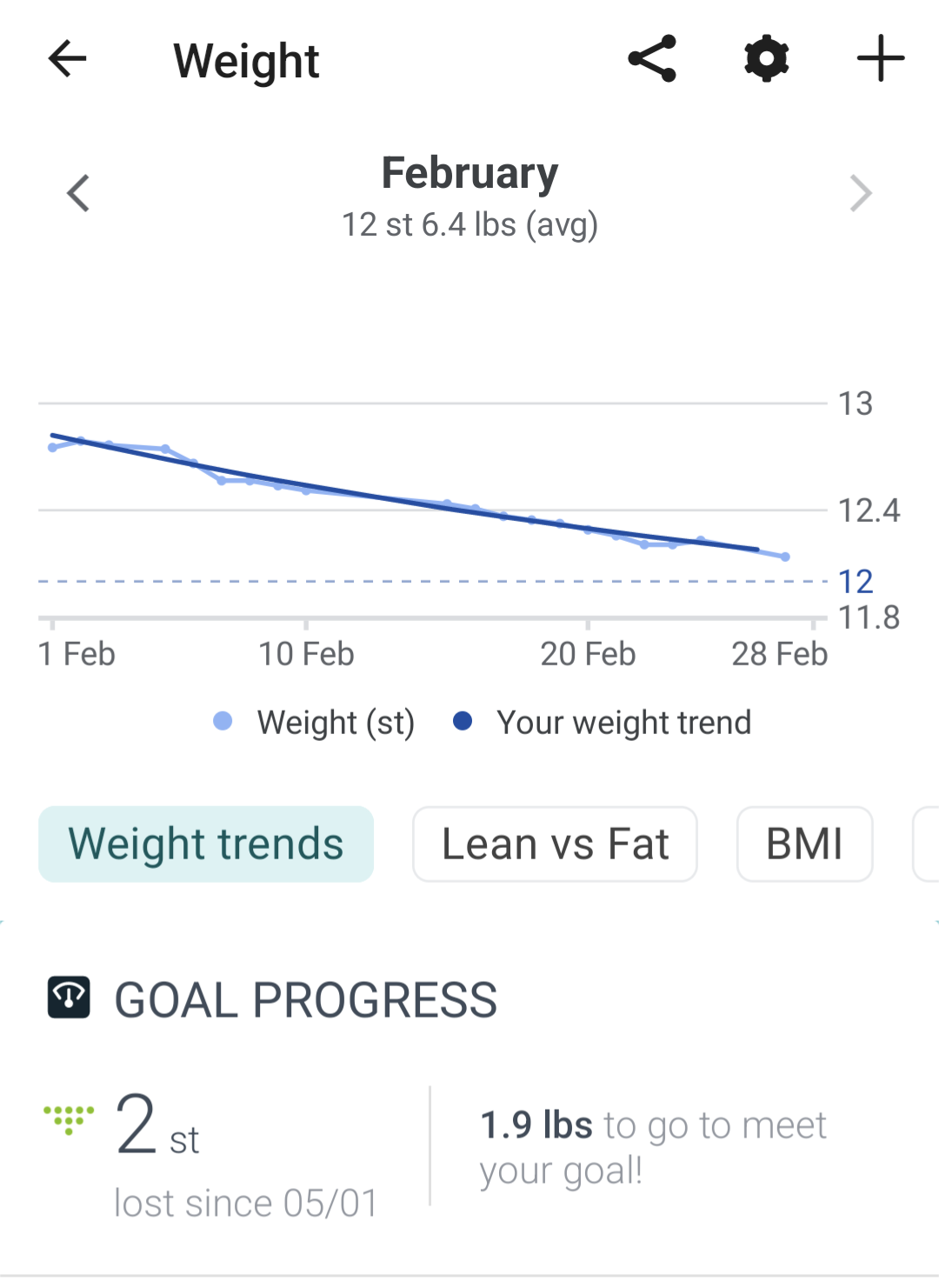For the last 2 months I have been doing a restricted calorie ketogenic diet. A ketogenic diet is a high-fat, low-carbohydrate diet that forces your body to use fat as its primary source of fuel instead of glucose. By severely restricting your carbohydrate intake and increasing your intake of healthy fats and moderate amounts of protein, your body enters a metabolic state called ketosis, where it burns stored fat for energy.
I don’t eat meat and a ketogenic diet can be challenging for vegetarians, but it is possible to follow a vegetarian or even a vegan ketogenic diet. Here are some tips on what a vegetarian ketogenic diet may look like:
- Focus on protein-rich vegetarian foods: Since a ketogenic diet requires moderate amounts of protein, you can get your protein from vegetarian sources such as eggs, cheese, Greek yogurt, tofu, tempeh, nuts, seeds, and low-carb protein powders.
- Incorporate healthy fats: Vegetarian sources of healthy fats include avocado, olive oil, coconut oil, nuts, seeds, and nut butter.
- Choose low-carb vegetables: Vegetables that are low in carbohydrates include leafy greens, cauliflower, broccoli, zucchini, bell peppers, and mushrooms.
- Avoid starchy vegetables and grains: As a vegetarian, it may be tempting to rely on starchy vegetables such as potatoes or grains such as quinoa, but these can be high in carbohydrates, making it difficult to achieve and maintain ketosis.
- Supplements: Since vegetarian ketogenic diets may be deficient in certain nutrients. I’ve been using Centrum Advance multivitamins.
- Plan your meals: Meal planning is crucial to ensure that you’re consuming enough protein, healthy fats, and low-carb vegetables while staying within your daily calorie and carbohydrate limits.
I have managed to lose over 2 stone and am now within my healthy weight category. I would like to lose another 3/4 stone, but I will switch to a more balanced diet. I love keto – it’s brilliant for losing weight and losing it fast, but there are believed to be a number of issues associated with the ketogenic diet in the long term:
- Nutrient deficiencies: Since a ketogenic diet restricts many food groups, such as grains, fruits, and some vegetables, it can lead to nutrient deficiencies. This can be especially true for those who follow the diet long-term. Deficiencies in vitamins and minerals like vitamin C, magnesium, and potassium can cause various health problems.
- Increased risk of kidney stones: The high protein intake associated with a ketogenic diet can increase the risk of developing kidney stones in some people.
- Potential liver problems: A ketogenic diet may lead to the development of non-alcoholic fatty liver disease in some people, which can cause liver damage and increase the risk of liver cancer.
- Digestive issues: Some people experience constipation, diarrhea, or other digestive issues when following a ketogenic diet due to the lack of fiber in the diet.
- Increased risk of heart disease: While a ketogenic diet can help improve certain heart disease risk factors, such as blood sugar and cholesterol levels, it may also increase the risk of heart disease in some people due to the high intake of saturated fats.
- Difficulty maintaining long-term: Many people find it difficult to maintain a ketogenic diet long-term due to its restrictive nature, which can lead to weight cycling or yo-yo dieting.
So I shall start eating carbohydrates again, but I shall switch to wholemeal bread and wholemeal pasta and continue to eat a wide variety of fruit and vegetables.


Leave a Reply